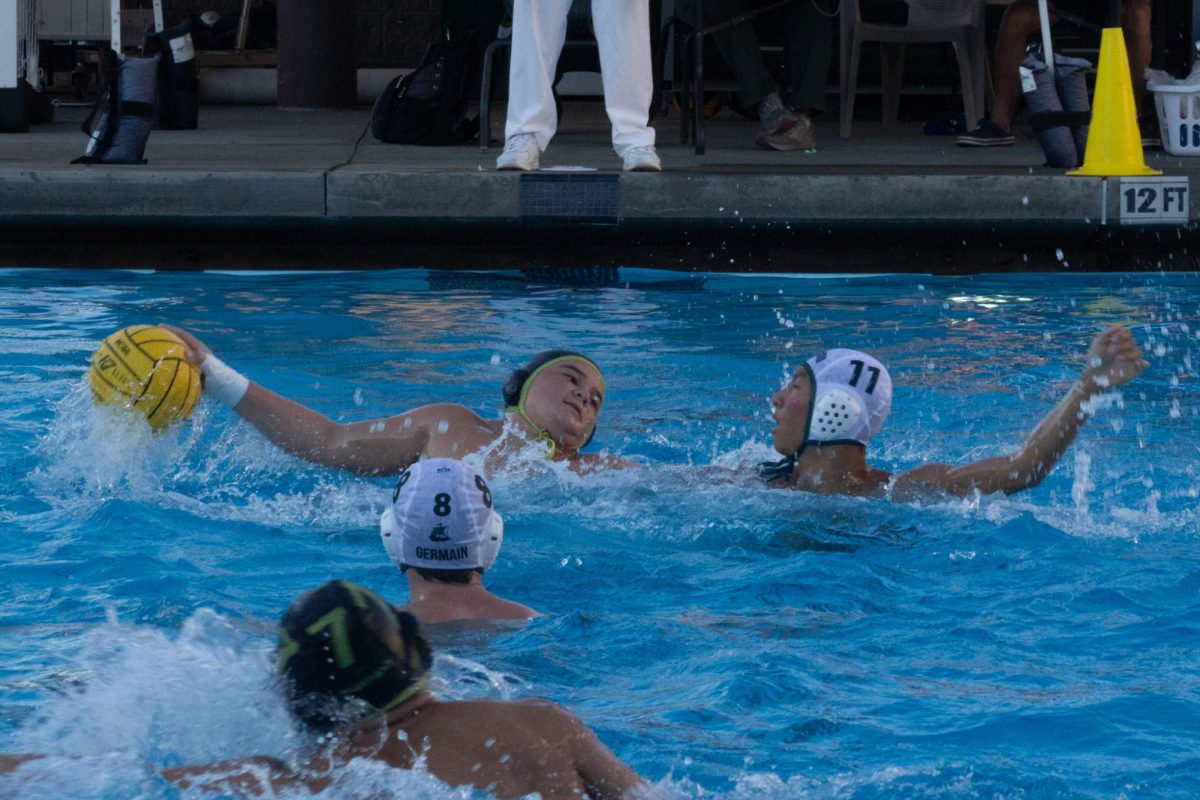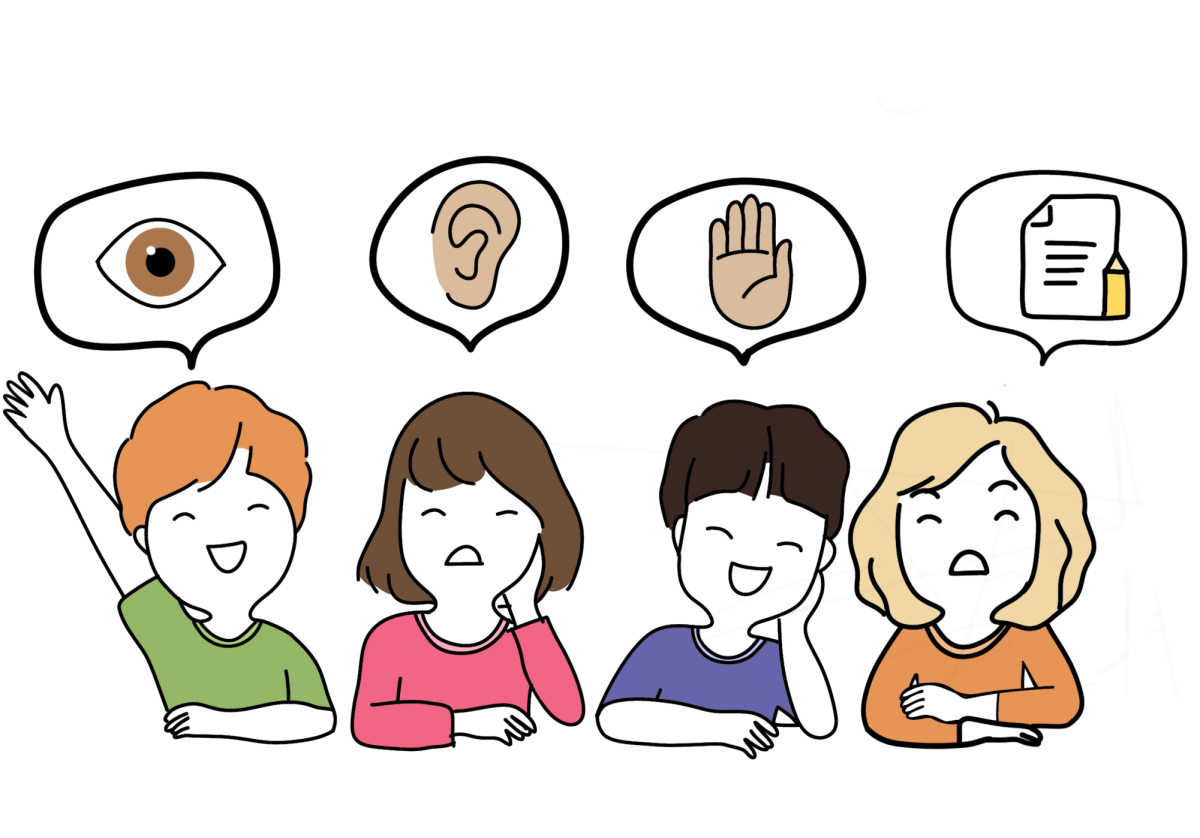As seniors apply to college this year and begin receiving decision letters, college ranking lists will most certainly be referenced. Though the most popular list is compiled by the U.S. News and World Report, a myriad of newspapers and organizations create similar ones. Niche, The Wall Street Journal, the Princeton Review, Forbes, and more publications rank colleges and universities based on a variety of factors that often remain shrouded in mystery. Many students and parents will place a strong emphasis on getting into a “Top 20” school or an Ivy League.
The Oracle believes that there is an excessive focus on these rankings, and that students should instead place significantly stronger emphasis on finding schools that fit their needs and goals.
First and foremost, the rankings are most likely inaccurate. One only has to examine the vastly different ranks publications place schools to understand that the lists are based off of arbitrary criteria. The Wall Street Journal places Babson College, a 3000-student school focused on entrepreneurship, at #2 in their rankings – U.S. News doesn’t even give them a rank. The WSJ and U.S News place Princeton at #1 – Niche puts it at #10.
Why are these rankings so different? There is no one way to rank a college, so different organizations do so differently. Some rankings, like the one done by the WSJ, place a special emphasis on post-graduate financial success. Others focus more on student life, while some still focus on “prestige” and yield rates. U.S. News has a notoriously murky ranking methodology in which 19 differently weighted factors determine a score, with “peer assessment” and graduation rates most important. Peer assessment, conducted by surveying leaders of universities and colleges across the country, has drawn complaints, often from the administrators themselves, that they have no real basis for evaluating a school they do not know.
So, if each list is so different, which one is right? Are any of them right? The Oracle believes that inherently, no one list can be correct. A single number cannot correlate with the best university in the world, because each university offers a unique set of characteristics that appeal to different students in different ways. Therefore, the universal, direct comparison college ranking lists provide is simply not possible – each student sees each school differently.
Instead, students and parents should focus more heavily on “fit.” Instead of basing their opinions and aspirations about colleges purely off which has a better ranking, they should instead look for a school that fits their academic goals, needs, and desires the best.
A student who fares better in a smaller learning environment might not seek to attend the University of Michigan, for example. Another student might feel the opposite. A student who values nature highly might favor the University of Vermont over a city-based institution like NYU. A student who prefers to live in a city could do the opposite. A student seeking to be an engineer might favor Purdue over Ohio State. Students should take a look at themselves and rank colleges internally by which school appeals to them personally the most – not how they’re ordered in the rankings.
Of course, seeking out schools this way will be more difficult than looking at a neatly organized list. It will consist of more research about each school, their academic environment, student life, size, location, and more. But, the Oracle believes that it will pay off, leading seniors to apply to colleges that truly align with their goals and aspirations.
Seniors will begin receiving college decision letters in the coming months. At the time of publication, some have received some from early decision and early action rounds of admission. While students and parents will certainly be checking to see how highly ranked a school they got into is, The Oracle urges them to remember that these lists are not as important as finding the right school for each student.
Keep in mind that rankings don’t determine your success or college experience. Remember that the quality of education and student life you receive in the next four years is determined most by you, the student, not a ranking given by an international for-profit organization.






































